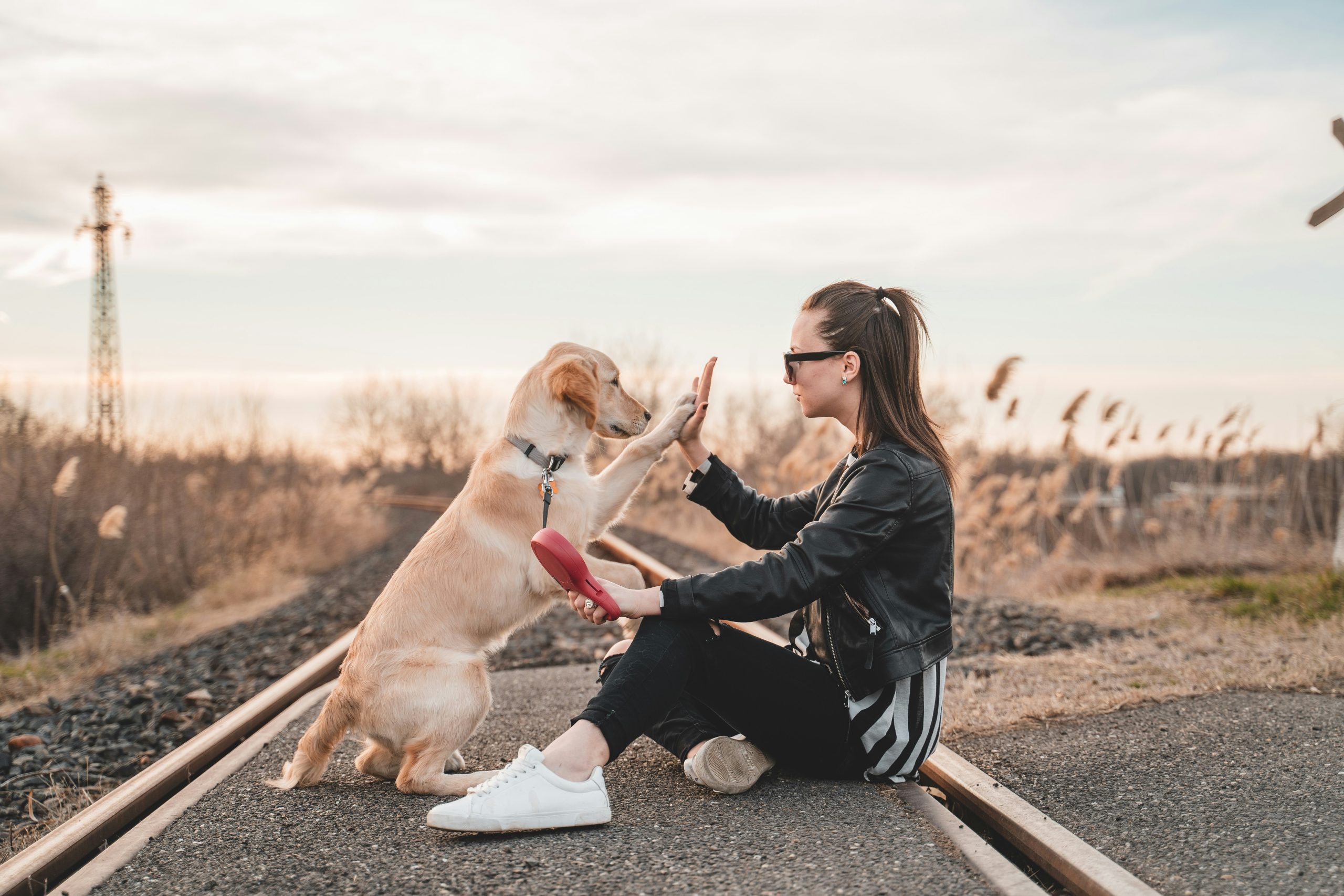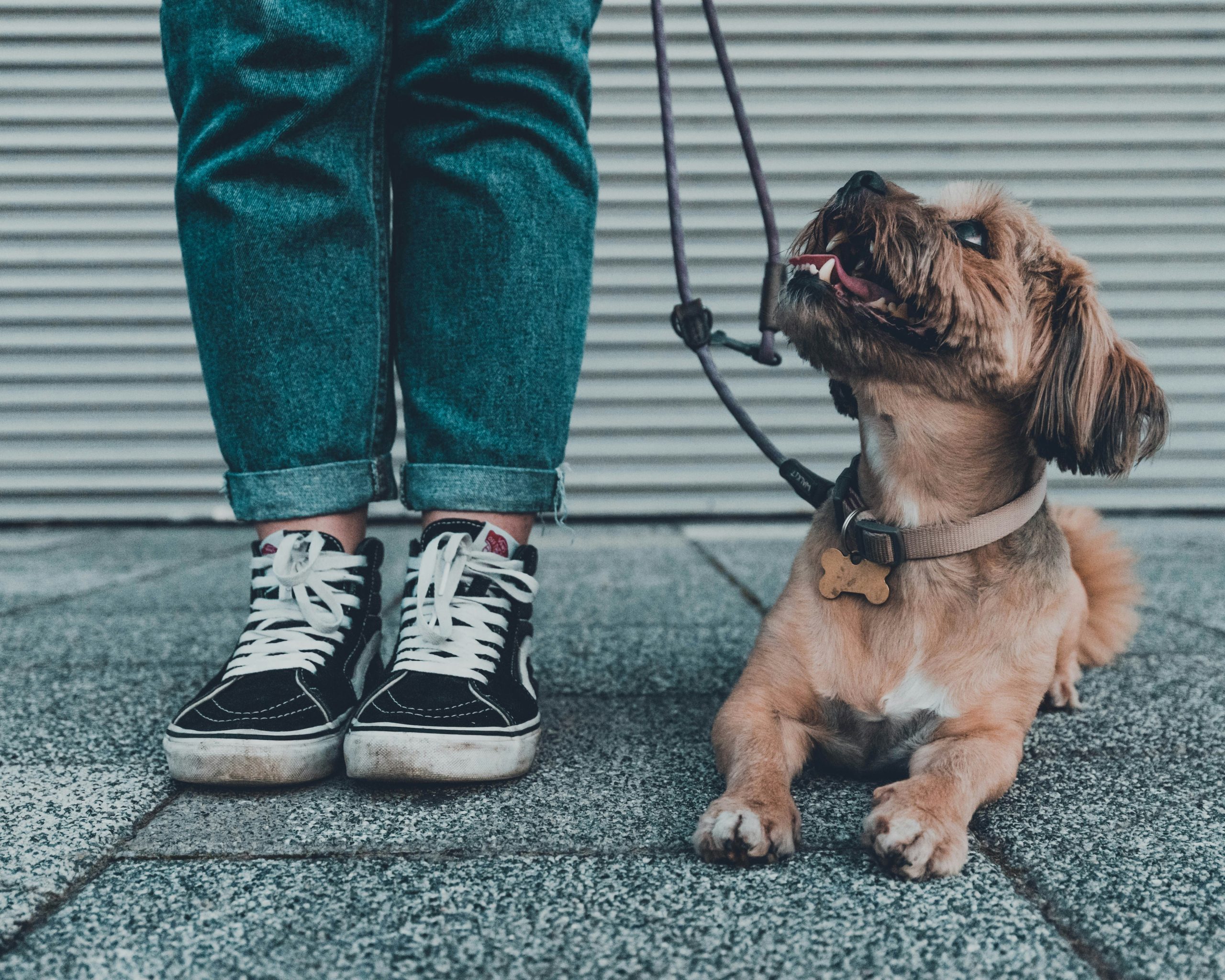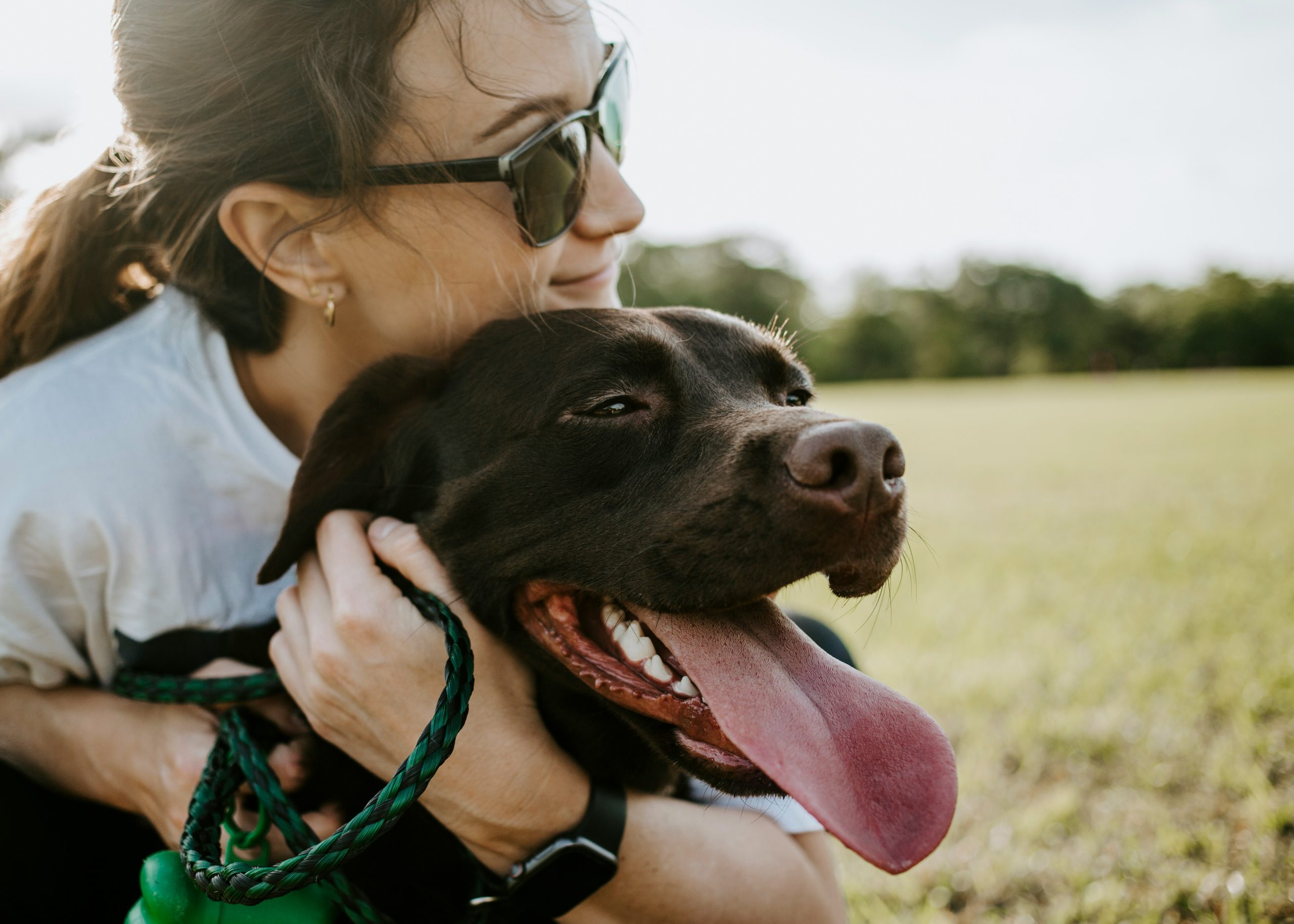The Social Paw-sitive Impact: How Owning a Dog Strengthens Community and Connections
Discover the numerous social benefits of owning a dog, including stronger neighborhood connections, improved health, increased social interactions, and the formation of new friendships and social connections.
The Impact of Dogs on Neighborhood Social Interaction
In addition to strengthening neighborhood social connections, owning a dog also fosters a greater sense of community well-being. Pets, particularly dogs, serve as catalysts for social interactions and help create the ‘ties that bind’ communities together. For instance, dogs bring their owners together during walks, providing an opportunity for neighbors to interact and bond over their shared love for their pets. This not only enhances social connections but also contributes to a safer and more tightly-knit community.
Furthermore, the presence of dogs in the neighborhood leads to a more vibrant and active community. For example, dog owners often organize pet-friendly events or gatherings, providing opportunities for residents to come together and socialize. These events can range from dog meet-ups at local parks to charity walks or fundraisers, all of which contribute to fostering a sense of community and social interaction. This dynamic social environment created by dog ownership helps in building a more connected and supportive neighborhood, where individuals are more likely to engage with one another and offer help or support when needed.
Health Benefits of Human-Animal Interactions
The research collaboration between the NIH and the WALTHAM Centre for Pet Nutrition has shed light on the multifaceted health benefits of human-animal interactions, particularly emphasizing the impact of animals, including dogs, on stress reduction, blood pressure regulation, and mood enhancement. For instance, studies have shown that interacting with animals can lead to a decrease in stress levels, lower blood pressure, and an increase in feelings of social support, ultimately contributing to an overall improvement in psychological well-being.
Furthermore, the role of animals in aiding children with ADHD, autism, and promoting overall child development has been a subject of interest. For example, therapy dogs have been shown to help children with ADHD to focus and engage, while also assisting children with autism in calming down and interacting with their peers. These findings underscore the holistic benefits of human-animal interactions and their profound positive influence on social connections, emotional well-being, and child development.
In addition, caring for pets has been found to have a therapeutic effect on individuals managing certain health conditions. For instance, studies have revealed that caring for fish has helped teens with diabetes better manage their disease, highlighting the unique ways in which human-animal interactions can contribute to overall health and well-being. Overall, the research underscores the diverse and substantial health benefits derived from human-animal interactions, emphasizing the profound impact of pets, particularly dogs, on the physical, emotional, and social well-being of individuals.
Dogs as Social Catalysts
Owning a dog can significantly contribute to increased social interaction in neighborhoods. Dog owners are more likely to engage with their neighbors and other dog owners, leading to stronger community ties and social connections. For instance, when walking their dogs, owners often have opportunities to meet and converse with other individuals, creating a sense of camaraderie and community. This not only fosters a more friendly and approachable neighborhood environment but also helps in establishing a support system within the community.
Furthermore, the presence of dogs is associated with various health benefits that can enhance social interactions. For example, the increased physical activity from walking and playing with dogs can lead to improved physical and mental well-being, making dog owners more energized and engaged in social settings. Additionally, dogs have been shown to reduce stress and lower blood pressure, which can positively impact an individual’s mood and overall sociability. These health benefits can contribute to a more positive and open attitude, making dog owners more approachable and friendly in social situations, further encouraging social connections and friendships.
Creating Social Connections and Friendships
Owning a dog contributes to increased social interaction in neighborhoods through various means. One such way is that dogs make their owners more approachable and friendly, thus fostering the formation of new friendships and social connections. For example, when dog owners take their pets for walks in the neighborhood, they often encounter other dog owners or neighbors, leading to casual conversations and potential friendships. This increased interaction can lead to a sense of community and belonging, as individuals bond over their shared love for their pets, thereby enhancing the social fabric of the neighborhood.
Moreover, the social influence of dogs extends beyond casual friendships to the realm of romantic connections. Many dog owners have shared stories of how their pets have played a role in bringing them closer to their partners. For instance, meeting at a dog park, bonding over the shared responsibility of pet care, or even having their dogs serve as a conversation starter on a first date. These instances highlight the multifaceted social impact of dog ownership, where dogs not only contribute to casual friendships but also play a role in the formation of deeper, romantic relationships, thereby enriching the social lives of their owners.
In essence, owning a dog requires a balance between social life and the well-being of the pet. This responsibility adds a positive influence on social relationships as dog owners learn to prioritize their pet’s needs while also engaging in social interactions. This balance underscores the holistic impact of dog ownership on social connections and friendships, reinforcing the idea that dogs are not just pets but also catalysts for meaningful human relationships.
Socialization and Well-Adjustment of Dogs
Socializing dogs is crucial for their development and well-adjustment, underscoring the significance of early socialization for a dog’s overall behavior and integration into social settings. Providing tips for dog owners to maximize the social benefits of dog ownership in their communities promotes stronger social connections and interactions.
[1] Source: http://www.waltham.com/news-events/human-animal-interaction/pet-ownership-adds-to-the-glue-that-holds-societies-together Source: https://newsinhealth.nih.gov/2018/02/power-pets Source: https://www.health.harvard.edu/blog/pets-can-help-their-humans-create-friendships-find-social-support-201505067981 Source: https://www.akc.org/expert-advice/news/dog-actually-great-social-life-mental-health



